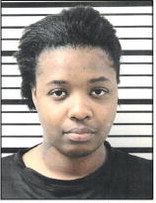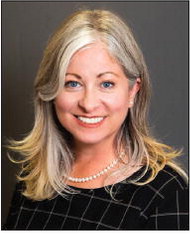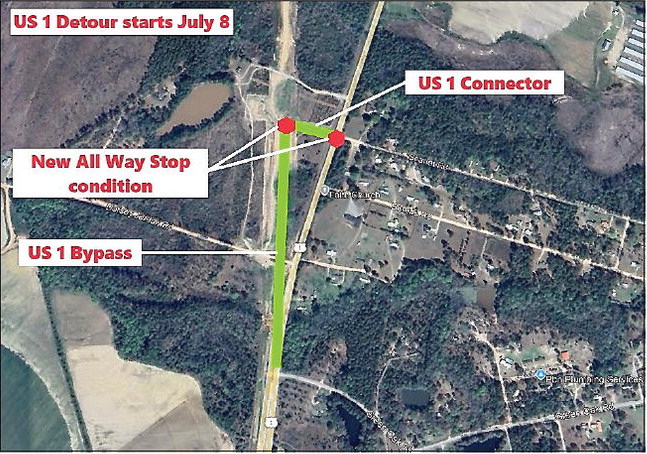Georgia couple continues to sue Snapchat for catastrophic car crash
The Georgia Supreme Court heard arguments Thursday in a case where a metro Atlanta couple is blaming a social media app for a catastrophic car crash.
In 2015, Christal Mc-Gee, then 19, was using Snapchat’s speed filter to photograph herself driving at a high speed. McGee was using the app’s speed filter to shoot a selfie when she crashed into another vehicle driven by Wentworth Maynard, who suffered serious injuries. The crash happened in Spalding County around 10:15 pm. Maynard spent weeks in a local hospital, suffering from traumatic brain injuries. Maynard and his wife have since been seeking damages from the California- based social media app, arguing the app tempted McGee to speed. “The family would like Snapchat to take the speed filter down immediately so no other family will have to go through what they’re going through,” the Maynards’ attorney told ABC News in 2016. The speed filter feature is still available on the Snapchat app. Recently, the Georgia Court of Appeals upheld a trial judge’s dismissal of the case. Presiding Judge Sara Doyle wrote Snapchat could not be held liable for the plaintiff’s injuries.
“Based on the facts of this case, the allegedly negligent design claim does not fall within Snapchat’s duty of care to the plaintiffs,” Doyle wrote.
The lawsuit had already been tossed once, only to be revived by the appellate court two years ago.
“Snapchat should have known the filter would be used in this type of incident,” said Naveen Ramachandrappa, the Maynards’ attorney. “There was a Change.org petition that existed prior to this crash to remove this filter. At the time of the crash, Snapchat had that knowledge.”
Georgia Supreme Court Chief Justice David Nahmias said companies have to design their products to be reasonably safe.
“I have Leggos all over my house, and it’s known that if you step on a Leggo or slip on one, it will do damage,” said Justice Sarah Hawkins Warren. “So does that mean they will change the product? What will the company do for me?”
“Full face masks that are commonly used around Halloween are sometimes used in robberies,” added Justice Charles Bethel. “Do the manufacturers of those masks owe a duty to the general public with respect to robberies?” “In terms of risk liability, I believe they do,” Ramachandrappa said.
“There are absolutely no allegations that any accidents have been caused using the speed filter,” John Major, an attorney representing Snapchat, told the court. Snapchat allows people to take temporary photos and videos and share them. One of its speed filters is a speedometer that shows the speed at which the user is moving. According to an affidavit, McGee was using the filter to create an image showing she was driving more than 100 miles per hour. The Maynards claim Snapchat is liable because it knew that users could use the application in a way that would distract them from obeying traffic laws and that the speed filter encouraged excessive speeding. They argue Shapchat should remove the filter under the federal Communications Decency Act, which the Georgia Court of Appeals denied. The Maynards allege that Snapchat's design contains an inherent incentive to engage in risky behavior.
This story is available through a news partnership with Capitol Beat News Service, a project of the Georgia Press Educational Foundation.





